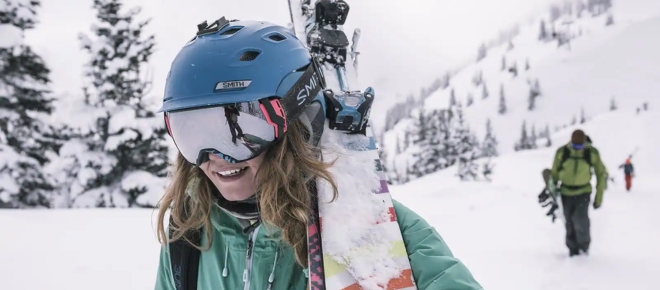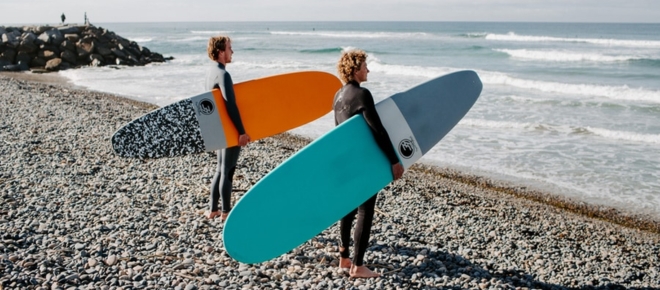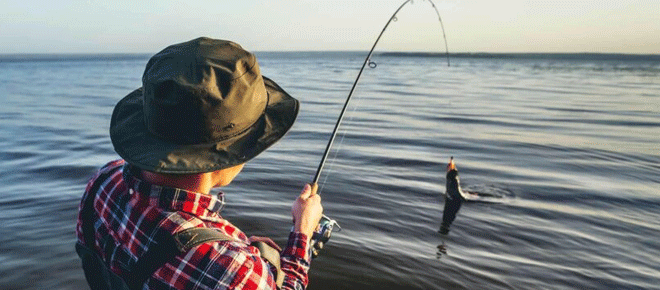Essential Features and Buying Tips for Ski Goggles

Skiing is a thrilling and adventurous sport that requires the right gear to ensure safety and enhance performance. One of the most critical pieces of equipment is ski goggles. These are not just for protecting your eyes from the cold wind; they also play a vital role in providing clear vision and protecting against harmful UV rays. In this comprehensive guide, we will delve into the essential features to consider when buying ski goggles, provide reviews of top models, discuss prices in pounds, and highlight the best deals available at DealSpotBay.
Why Ski Goggles Are Important
Before diving into the features and buying tips, it’s essential to understand why ski goggles are crucial for every skier, from beginners to professionals. DealSpotBay Promotional Codes can help you save on the best ski goggles available.
- Protection from Elements: Ski goggles protect your eyes from wind, snow, and debris that can cause discomfort or injury.
- UV Protection: High-altitude skiing increases exposure to ultraviolet (UV) rays, which can damage your eyes. Quality ski goggles offer UV protection.
- Improved Visibility: Goggles reduce glare and enhance contrast, helping you see better in varying light conditions.
- Safety: Clear vision is vital for navigating slopes and avoiding obstacles, reducing the risk of accidents.
Essential Features of Ski Goggles
When choosing ski goggles, several features should be considered to ensure you get the best performance and protection.
Lens Type
The lens is the most critical component of ski goggles. It determines clarity, protection, and performance.
- Single vs. Double Lenses: Double lenses provide better insulation and are less likely to fog up compared to single lenses. They create a thermal barrier that reduces the risk of condensation.
- Lens Material: Polycarbonate lenses are common due to their durability and impact resistance. They are lightweight and provide excellent clarity.
- Lens Color/Tint: Different tints are suitable for various light conditions. For instance:
- Clear or Light Yellow: Ideal for low light or night skiing.
- Rose or Pink: Enhances contrast in cloudy or overcast conditions.
- Dark Gray or Brown: Reduces glare on sunny days.
- Mirrored Lenses: Reflect sunlight, reducing glare and providing better visibility on bright days.
- Photochromic Lenses: These lenses adjust their tint based on the light conditions, offering versatility for changing weather.
- Polarized Lenses: Reduce glare from reflective surfaces like snow, providing clearer vision and reducing eye strain.
Anti-Fog Coating
Fogging is a common issue with ski goggles, which can impair vision. Anti-fog coatings on the inner lens help reduce fogging. Additionally, some goggles feature vents or fans to enhance airflow and further prevent fogging.
UV Protection
Exposure to UV rays is higher at altitude, and snow reflects these rays, increasing exposure. Ensure your goggles offer 100% UV protection (UVA, UVB, and UVC).
Fit and Comfort
A good fit is crucial for comfort and performance.
- Frame Size: Goggles come in various sizes to fit different face shapes. Ensure the frame size matches your face for a snug fit.
- Foam Padding: Multi-layer foam padding provides better cushioning and comfort. Look for hypoallergenic foam if you have sensitive skin.
- Helmet Compatibility: If you wear a helmet, ensure the goggles fit well with it. Many goggles are designed to be helmet-compatible, providing a secure fit.
Ventilation
Proper ventilation prevents fogging and keeps you comfortable by allowing airflow. Look for goggles with vents on the top, bottom, or sides. Some advanced models have adjustable vents for customized airflow.
Strap Adjustability
The strap should be adjustable to ensure a secure and comfortable fit. Silicone-lined straps prevent slipping, especially when wearing a helmet.
Interchangeable Lenses
For versatility, consider goggles with interchangeable lenses. This feature allows you to switch lenses based on weather conditions, ensuring optimal vision at all times.
Peripheral Vision
Wide-angle lenses offer better peripheral vision, allowing you to see more of your surroundings. This is particularly important for safety on crowded slopes.
Reviews of Top Ski Goggles
Here are reviews of some of the top ski goggles available on the market, highlighting their features, pros, and cons.
Oakley Flight Deck
Features:
- Rimless design for an unobstructed view
- Prizm lens technology enhances contrast and visibility
- F3 anti-fog coating
- Triple-layer face foam for added comfort
Pros:
- Excellent peripheral vision
- Great fit with helmets
- Superior optical clarity
Cons:
- Higher price point
Price: £180 - £220
Smith I/O Mag
Features:
- Interchangeable lens system
- ChromaPop lens technology for enhanced color and clarity
- 3-layer DriWix face foam
- AirEvac ventilation system
Pros:
- Easy lens swapping
- Comfortable fit
- Effective anti-fog technology
Cons:
- Can be pricey
Price: £200 - £250
Anon M4 Toric
Features:
- Magna-Tech quick lens change technology
- Toric lens for enhanced peripheral vision
- Integral Clarity Technology (ICT) anti-fog treatment
- MFI (Magnetic Facemask Integration) compatible
Pros:
- Quick and easy lens changes
- Excellent clarity and contrast
- Comfortable and secure fit
Cons:
- High cost
Price: £230 - £280
Giro Axis
Features:
- VIVID lens technology with Zeiss optics
- Quick-change magnetic-assisted lens system
- EVAK ventilation
- Triple-layer face foam
Pros:
- Clear and sharp vision
- Good ventilation
- Comfortable fit
Cons:
- Slightly bulky frame
Price: £160 - £200
Dragon Alliance NFX2
Features:
- Frameless design
- Swiftlock lens changing system
- Super Anti-Fog coating
- Lumalens color optimization
Pros:
- Wide field of vision
- Effective lens change system
- Good value for money
Cons:
- Can be too large for smaller faces
Price: £140 - £180
Buying Tips for Ski Goggles
To ensure you make the best purchase, consider the following buying tips:
Define Your Needs
Identify what conditions you will be skiing in most frequently. If you ski in various conditions, consider goggles with interchangeable or photochromic lenses.
Try Them On
Whenever possible, try the goggles on with your helmet and under various lighting conditions. Ensure they fit comfortably and do not obstruct your vision.
Check the Return Policy
Purchase from a retailer that offers a good return policy. This allows you to return or exchange the goggles if they do not fit well or meet your expectations.
Read Reviews
Reviews from other skiers can provide valuable insights into the performance and durability of the goggles. Look for consistent positive feedback on comfort, fit, and clarity.
Consider the Brand
Established brands like Oakley, Smith, and Giro have a reputation for quality and innovation. While they may be more expensive, their products often offer superior performance and durability.
Don’t Skimp on Safety Features
Prioritize features like UV protection and anti-fog technology. These are essential for safety and comfort on the slopes.
Look for Deals
Ski goggles can be an investment, but deals and discounts can make high-quality goggles more affordable. Check Deal Spot Bay Discounts for the latest offers and discounts on top brands.
Prices in Pounds
Here is a general price range for ski goggles from various brands:
- Budget-Friendly: £40 - £80
- Mid-Range: £80 - £150
- High-End: £150 - £300
Prices vary based on features, brand, and lens technology. It's worth investing in a pair that meets your needs and provides the best protection and performance.
Best Ski Goggles Deals at DealSpotBay
DealSpotBay offers a variety of ski goggles at competitive prices. Here are some top deals available:
Oakley Flight Deck:
- Regular Price: £220
- DealSpotBay Price: £180
Smith I/O Mag:
- Regular Price: £250
- DealSpotBay Price: £200
Anon M4 Toric:
- Regular Price: £280
- DealSpotBay Price: £230
Giro Axis:
- Regular Price: £200
- DealSpotBay Price: £160
Dragon Alliance NFX2:
- Regular Price: £180
- DealSpotBay Price: £140
Conclusion
Choosing the right ski goggles is essential for a safe and enjoyable skiing experience. By considering critical features such as lens type, anti-fog technology, UV protection, fit, and comfort, you can find a pair that suits your needs and preferences. Always read reviews, try them on, and take advantage of deals to get the best value for your money. Whether you're a beginner or an experienced skier, investing in high-quality ski goggles will enhance your performance and protect your eyes on the slopes. Check out DealSpotBay for the latest deals on top-rated ski goggles and make an informed purchase.







